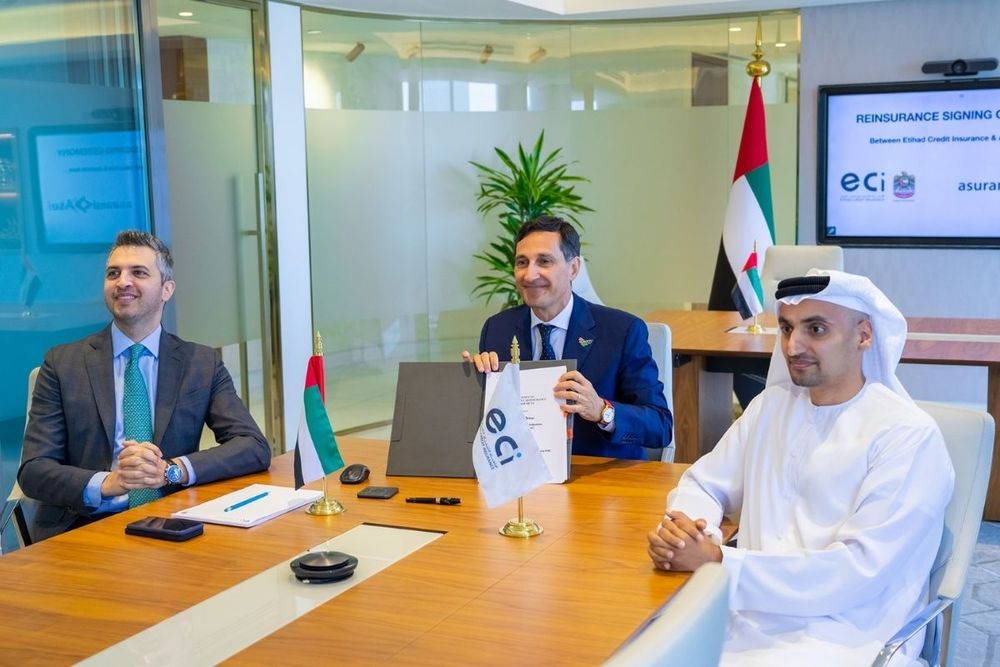The United Arab Emirates (UAE) and Indonesia are set to ramp up trade between their nations after their central banks signed a momentous agreement to promote the use of their local currencies for bilateral transactions. This initiative, announced on May 10, 2024, by the UAE Central Bank, is expected to streamline financial operations and reduce costs for businesses engaged in cross-border commerce between the two countries.
The pact underscores the flourishing trade relationship between the UAE and Indonesia. According to the UAE Central Bank, non-oil trade between the two nations has doubled since 2017, exceeding AED 16 billion (USD 4. 3 billion) in 2023. This significant growth highlights the potential benefits of fostering a financial ecosystem that facilitates business exchanges between the two regions.
By enabling businesses to invoice and settle payments in their respective domestic currencies, the UAE dirham (AED) and the Indonesian rupiah (IDR), the agreement aims to bypass the traditional reliance on the US dollar (USD) for international transactions. This could translate to cost savings for businesses, as they would avoid exchange rate fluctuations and the potential fees associated with converting currencies.
Furthermore, the agreement paves the way for the development of a robust AED-IDR foreign exchange market. This would allow for greater transparency in currency exchange rates between the two nations and provide businesses with a more predictable financial landscape for cross-border transactions.
The UAE and Indonesia's central banks are expected to play a pivotal role in facilitating the implementation of this agreement. They may establish frameworks for direct currency settlements between banks in both countries, thereby expediting transaction processing times. Additionally, they could collaborate on initiatives to raise awareness among businesses about the benefits of using local currencies for bilateral trade.
The UAE's move to promote the use of the dirham for international transactions aligns with the country's broader ambitions to establish itself as a leading financial hub. By forging partnerships like this one with Indonesia, the UAE is taking concrete steps to internationalize its currency and enhance its position in the global financial system.
For Indonesia, the agreement presents an opportunity to reduce its dependence on the USD for international trade. This could provide greater autonomy over its monetary policy and potentially shield the Indonesian economy from external shocks caused by fluctuations in the US dollar.
The UAE-Indonesia currency pact is a significant development that could reshape financial dynamics between the two countries. By streamlining trade settlements and reducing transaction costs, the agreement has the potential to unlock new avenues for growth in bilateral trade and investment. The success of this initiative could serve as a model for other developing nations seeking to promote the use of their local currencies in international commerce.

